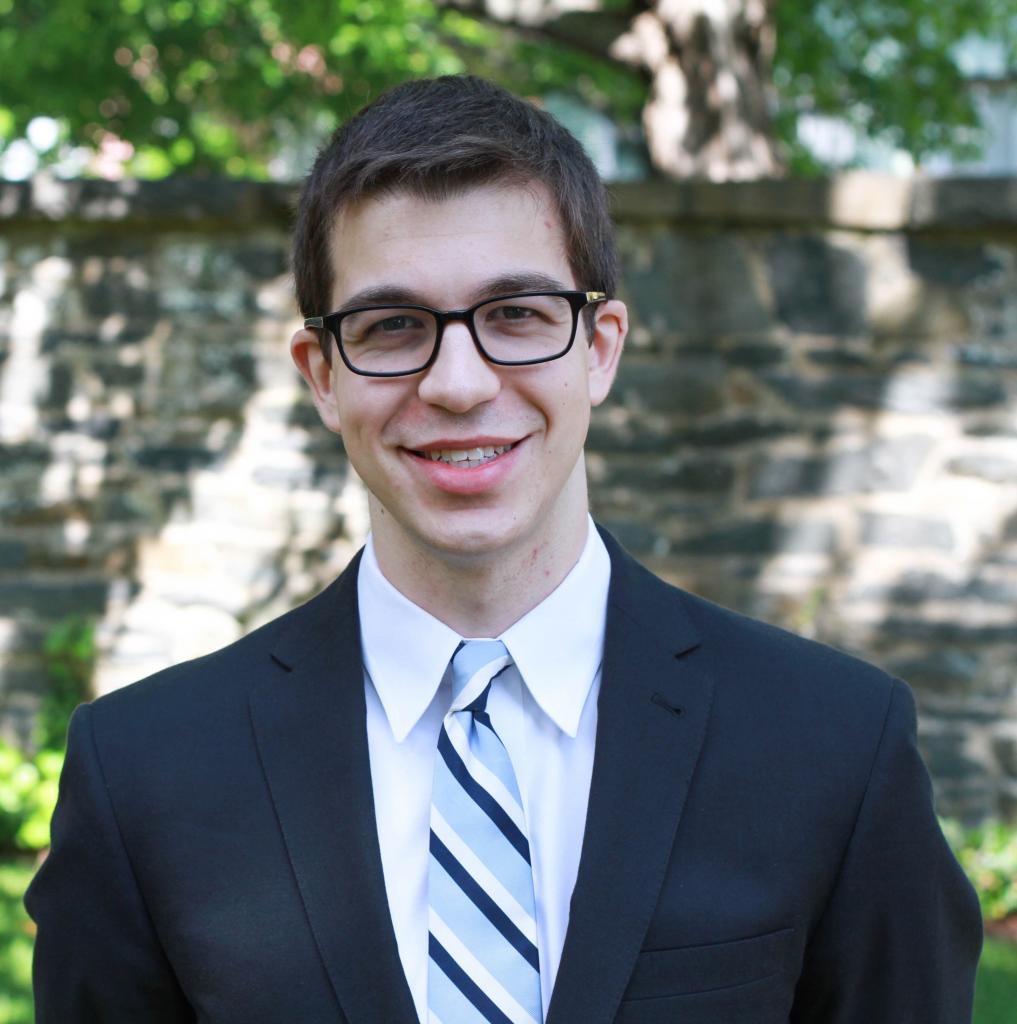The Week that Was: All of Lawfare in One Post
Jack Goldsmith questioned the effectiveness of US cyber deterrence following the official accusations that Russia was behind the DNC hacks.
Jack followed up with some additional reactions to the Obama administration’s promise to retaliate.
Published by The Lawfare Institute
in Cooperation With

Jack Goldsmith questioned the effectiveness of US cyber deterrence following the official accusations that Russia was behind the DNC hacks.
Jack followed up with some additional reactions to the Obama administration’s promise to retaliate.
Susan Hennessey argued that cyber deterrence has not completely failed, and that the United States has effectively deterred major attacks on its vital networks.
Susan also outlined a strategic approach to deal with the “Going Dark” debate that emphasizes lawful hacking rather than legislative mandates.
Peter Margulies responded to John DeLong and Susan’s piece last week on NSA compliance with FISC requirements.
Ashley Deeks uploaded a new paper from the Hoover Institution, entitled “The International Legal Dynamics of Encryption.”
Helen Klein Murillo commented on an upcoming FCC vote on consumer privacy rules.
Quinta Jurecic compiled the national security highlights from the second presidential debate.
Benjamin Wittes revisited the potential for a Trump administration to abuse the powers of the Department of Justice in light of Donald Trump’s comments at the second presidential debate. He also then posted a comment from Peter Keisler on Trump’s threat to jail Clinton in the debate.
Stephen Bates asks what Reinhold Niebuhr’s writings from 1937 can tell us about the 2016 election.
Elena Chachko and Ashley Deeks assessed international support for the “unwilling or unable” standard for the use of force.
Ed Stein flagged an important bill that would give victims of narcoterrorism access to frozen terrorist assets that the Treasury Department controls.
Paul Rosenzweig reiterated his call for Congress to provide effective oversight over the Department of Homeland Security.
Mai El-Sadany analyzed different legal proposals to bypass the deadlock over Syria in the UN Security Council.
Kenneth Anderson commented on the transition to the next U.N. Secretary-General.
Elinor Fry examined the line between freedom of expression and criminal incitement under Dutch law.
Kristen A. Harkness argued that the West should focus on reforming African militaries in order to promote democracy on the continent.
Quinta uploaded a new statement from the Military Commissions Chief Prosecutor Mark Martins on the resumption of pretrial hearings for the 9/11 case. She also covered the pretrial hearings in the 9/11 case at Guantanamo.
Chris Mirasola updated the Water Wars roundup on developments in the South China Sea.
Ellen Scholl offered a new Hot Commodities roundup on international developments in energy markets.
J. Dana Stuster updated the Middle East Ticker with analysis on events in Syria, Iraq, and Morocco.
Kenneth Anderson provided the link and a brief introduction to a new book, War-Algorithm Accountability by Dustin Lewis, Gabriella Blum, and Naz Modirzadeh.
Matthew Waxman posted the link to a new working paper that examines the role of World War I on constitutional war powers.
Jack Goldsmith recommended a conference next week entitled "The Next President’s Fight Against Terror."
Melvin Small reviewed Michael S. Neiberg’s new book, The Path to War: How the First World War Changed America.
Stewart Baker uploaded the latest episode of the Steptoe Cyberlaw Podcast:
Quinta posted the Lawfare Podcast, featuring an interview with Stephanie Leutert on violence in Mexico and Central America.
And Benjamin Wittes posted this week’s episode of Rational Security, the “John Podesta Makes a Mean Risotto” Edition.
And that was the week that was.

